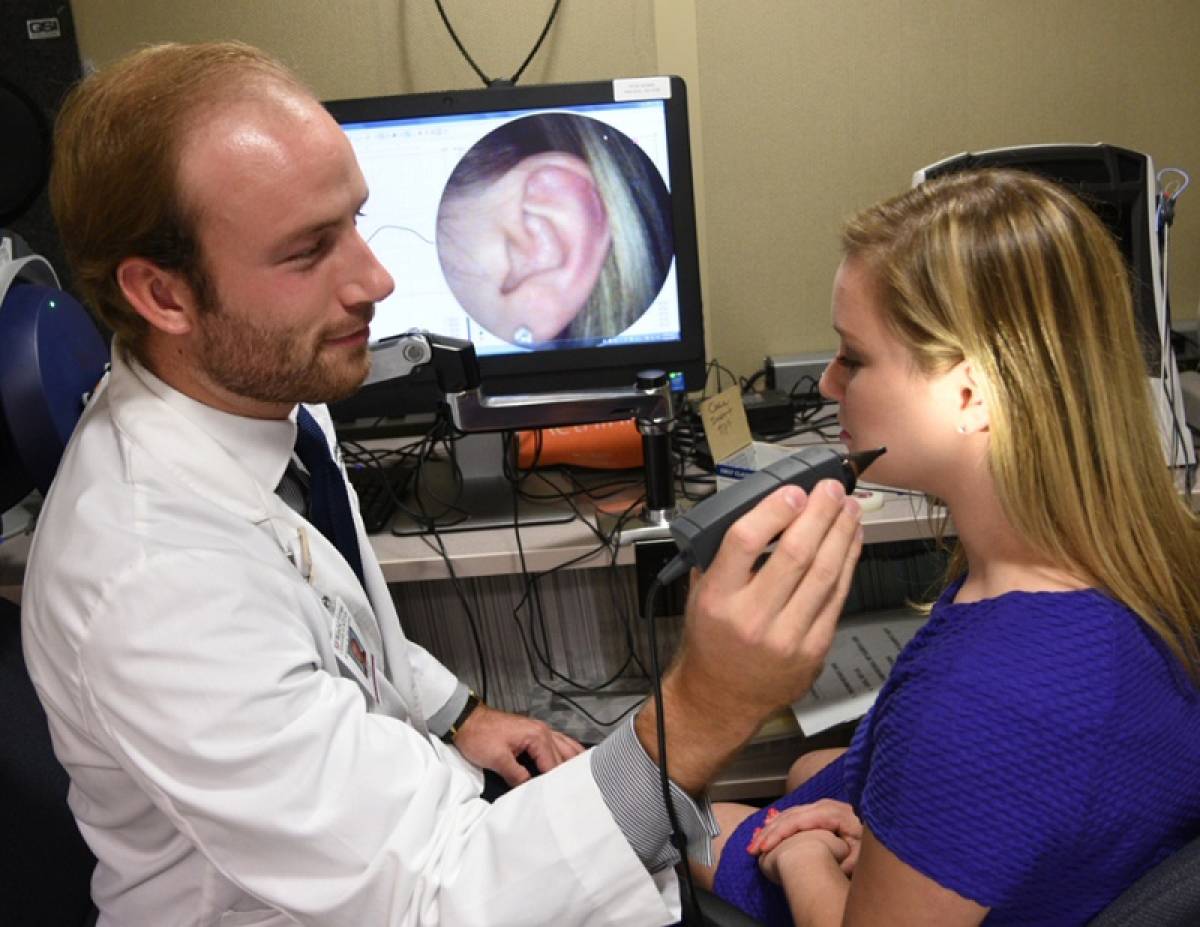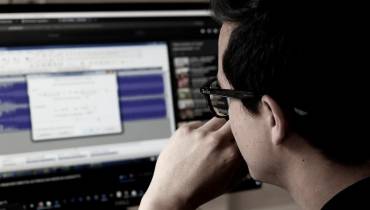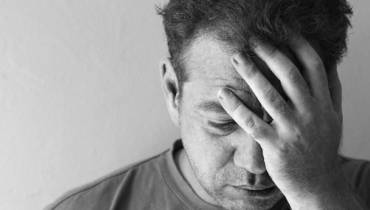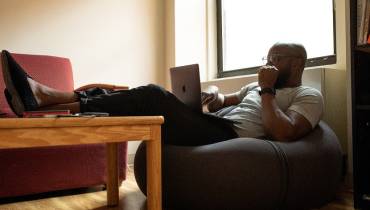Audiologists Are Playing a Key Role: How They Can Help You

Audiologist doing a check-up on a patient.
Over 5% of the world's population – or 430 million people – require rehabilitation to address their 'disabling' hearing loss, according to the World Health Organization (WHO).
By 2050, WHO projects that nearly 2.5 billion people will have some degree of hearing loss and at least 700 million will require hearing rehabilitation. This comes in the wake of more and more people today pumping up the volume of their personal audio systems to take advantage of music on the go, to the detriment of the listener’s hearing.
In fact, reports indicate that children, teenagers, and young adults are listening to more hours of music daily at volumes exceeding the globally recommended public health limit of 70 decibels of average leisure noise exposure for a 24-hour period, according to Acoustical Society of America.
But personal audio system are not the only things harming auditory health.
“Nonoccupational noise exposure in everyday life comes from a handful of noise sources: personal listening systems, especially for younger people; transit noise, home appliances; power tools; and entertainment (sports events, movies, parties (weddings, bar mitzvahs, birthday parties, etc.), NASCAR races, etc.),” says Dr. Daniel Fink, an audiology expert from The Quiet Coalition.
With so many people requiring hearing rehabilitation around the world and over 1 billion young adults at risk of permanent, avoidable hearing loss due to unsafe listening practices, the place of audiology has become more important than ever.
Place of Audiology
Audiology (from Latin audīre, "to hear"; and from Greek -λογία, -logia) is that branch of science addressing issues arising from hearing, balance disorders and proactively preventing related damage.
An audiologist is a healthcare professional trained to identify impairments connected with neural system-related issues. These specialists examine patients with hearing loss, diagnose their condition, and prescribe a suitable treatment plan.
Anyone from newborns to kids, adults and seniors may find themselves battling hearing impairments and related disorders that adversely impact daily life, which is where the practice of audiology comes in to help.
Conditions Audiologists Treat
Audiologists use specialized devices and prescribe therapies to provide effective solutions for audiological disabilities, including sensorineural hearing loss, conductive hearing loss and mixed hearing loss.
Besides earning a master’s degree and completing a fellowship year, audiologists are required to appear for state licensing and other certified examinations to keep their license valid.
Audiologists record the progress of each patient by conducting regular check-ups and alter the treatment if the need arises. Various disorders fall under the scope of audiology.
Below are the primary conditions that a qualified audiologist can help to treat:
1. Auditory Processing Disorders
Your brain may have difficulty processing certain sounds that you hear. Audiologists measure what frequencies and sounds you can and cannot register.
If you fall short of what constitutes normal human hearing range, audiological tests carried out will help successfully diagnose such auditory processing problems and recommend appropriate treatments and remedies.
2. Hearing Disability
The extent of hearing damage people may suffer can be accurately determined by an audiometer. By pinpointing the exact cause of your hearing loss, audiologists can prescribe workable solutions to treat your condition.
Common early signs or indicators of hearing loss include:
- Frequently requesting others to repeat what they say
- Difficulty understanding speech amidst background noise
- Ringing in your ears despite the absence of external sound
- Having to turn up high the volume on devices, such as TVs and computers to hear dialogues clearly.
3. Balance Disorders
This disorder is characterized by a disturbance in the inner ear, which could potentially make you dizzy.
You might feel as if you are moving, spinning, or floating when standing, sitting, or lying down. Or, when you are walking, you might suddenly feel as if you are tipping over.
Audiological testing reveals whether trauma or an ear infection caused this condition.
It is important to diagnose the cause properly, as that will determine the appropriate treatment.
4. Amplification
Hearing aids are helpful because they amplify the sounds around the ear. Different assistive listening devices can also help counter any issues with your hearing.
Audiologists are adept at identifying the exact cause of your hearing problems, and suggesting the appropriate medication and treatment for the same.
5. Misophonia and Hyperacusis
If you are increasingly sensitive to everyday sounds in normal environments, your condition could be diagnosed as Hyperacusis.
Misophonia, on the other hand, is selective sensitivity to tiny but repetitive sounds.
Audiologists are able to tell the difference between the two conditions, based on the symptoms, and hence are able to prescribe the proper treatment for each person.
6. Tinnitus
Should you have a low-intensity buzzing, ringing, or whistling sound in your ears all day, it can indicate tinnitus. Tinnitus is a fairly common hearing problem that affects about 15% to 20% of people, and is especially common in older adults.
An audiologist can intervene to treat the condition and reduce the disturbing effects of this disorder that are characterized by a ringing or other noises in one or both ears, irrespective of its primary cause.
7. Build-up of Compacted Earwax
When your ear passage is choked with earwax, an audiologist can clear out your canal using a small tool named curette.
Compacted earwax can cause a lot of discomfort and even interfere with your day-to-day functioning.
A professional service by an audiologist can not only provide needed relief from all those hearing impairments, but also improve your overall auditory health.


















![[node:title]](/sites/default/files/styles/video_thumbnail_bottom/public/dress-with-style.jpg?itok=auezDBpH)

